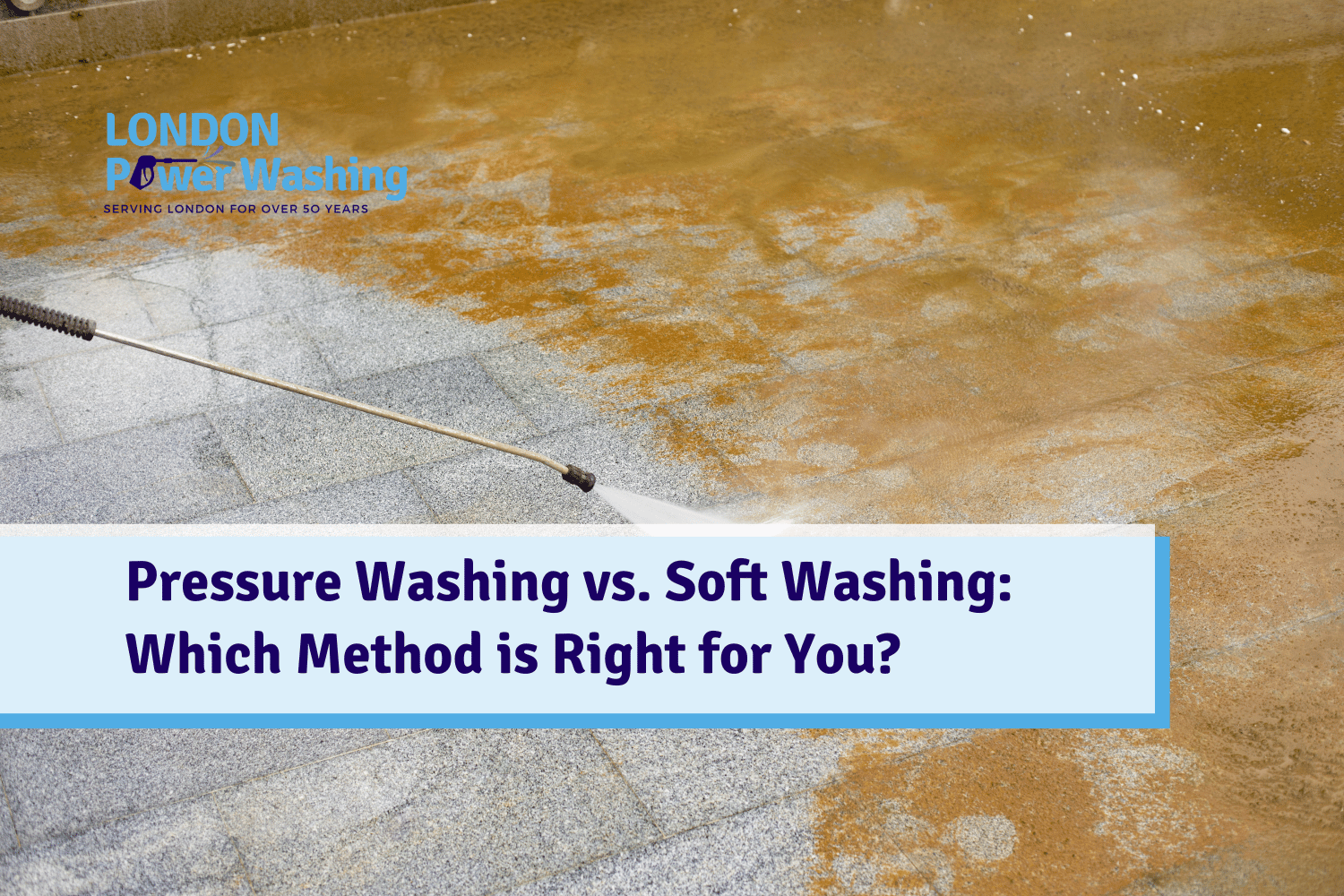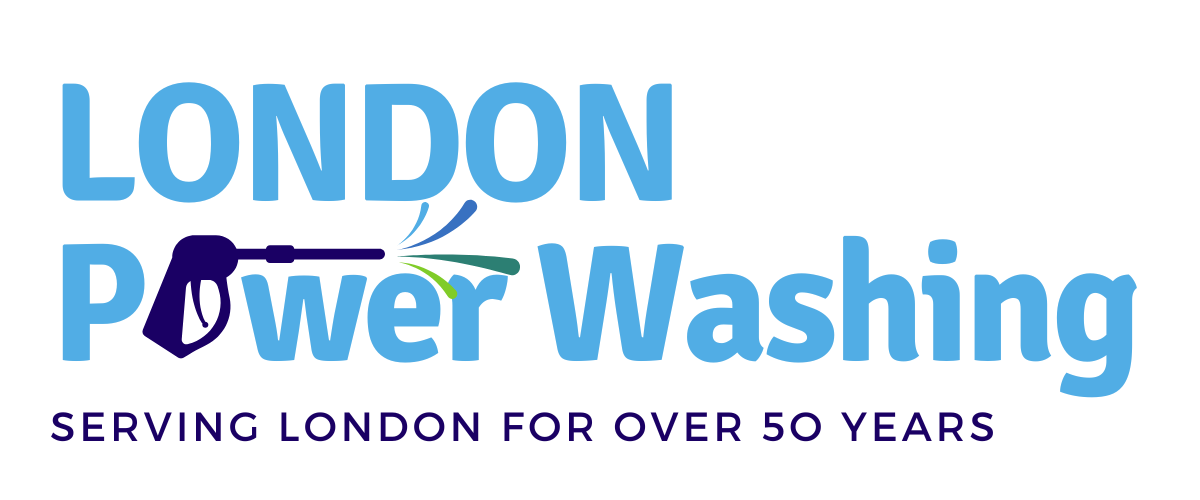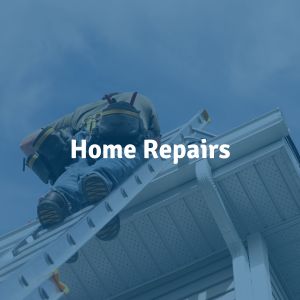BLOG
Pressure Washing vs. Soft Washing: Which Method is Right for You?

When it comes to cleaning and maintaining the exterior of your home or commercial property in the London, ON region, two popular methods often come into play: pressure washing and soft washing. These techniques are powerful tools in the battle against dirt, grime, and the effects of time and weather.
However, understanding the differences between these methods and knowing when to use each one is crucial to achieving the best results while avoiding potential damage.
In this comprehensive guide for Londoners, we'll explore the key distinctions between pressure washing and soft washing, and help you determine which method is right for your specific needs.
The basics of pressure washing
Pressure washing is a cleaning method that utilizes highly pressurized water to remove dirt, stains, and debris from surfaces. A pressure washer typically has a motor or engine that pumps water at a high pressure through a hose and nozzle. The force generated by the pressure washer is measured in pounds per square inch (PSI) and can vary widely depending on the machine's power.
When to choose pressure washing
1. Sturdy and resilient surfaces
Pressure washing in London, Ontario is ideal for surfaces that can withstand high-pressure water, such as concrete driveways, sidewalks, and brick walls. It's also commonly used for removing loose paint and preparing surfaces for painting or staining.
2. Stubborn stains
Pressure washing is highly effective at removing stubborn stains, mold, mildew, and algae. It's especially useful for surfaces like concrete and stone that can accumulate deep-seated grime.
3. Rapid cleaning
Pressure washing is a quick method for cleaning large areas like factory floors and warehouses efficiently. It's great for tasks like cleaning a large deck or patio in preparation for an outdoor event.
4. No chemicals required
In many cases, pressure washing can be performed using only water, making it an environmentally friendly choice when no chemical cleaners are needed.
The basics of soft washing
Soft washing is a gentler cleaning method that uses a low-pressure spray and specialized cleaning solutions to clean surfaces. Unlike pressure washing, which relies on force to remove grime, soft washing focuses on chemically breaking down contaminants and allowing them to be rinsed away with a low-pressure rinse.
When to choose soft washing
1. Delicate Surfaces
Soft washing is suitable for more delicate surfaces like vinyl siding, painted wood, and asphalt shingles, which can be damaged by the high-pressure water of a pressure washer.
2. Organic Growth
It's particularly effective at treating and preventing the growth of organic matter like moss, algae, and mildew, which often thrive on the shaded sides of buildings.
3. Longer-Lasting Clean
Soft washing not only removes contaminants but also leaves behind a protective barrier that inhibits the return of mold and algae, resulting in a cleaner surface for a longer period.
4. Eco-Friendly
The chemical solutions used in soft washing are often biodegradable and designed to minimize harm to the environment.
Key Differences Between Pressure Washing and Soft Washing
Now that we've explored the basic principles and when to use each method, let's delve deeper into the key differences between pressure washing and soft washing in London, ON:
1. Water pressure
Pressure Washing: As the name suggests, pressure washing relies on high water pressure to clean surfaces effectively. The PSI of a pressure washer can range from 1,000 to 4,000 or more, depending on the machine.
Soft Washing: Soft washing employs significantly lower water pressure, typically in the range of 100 to 1,000 PSI. The emphasis here is on the cleaning solutions and chemical action rather than sheer force.
2. Cleaning solutions
Pressure Washing: Pressure washing primarily relies on water pressure to remove dirt and grime. While some pressure washers allow for the addition of detergents or cleaning solutions, they are not the primary means of cleaning.
Soft Washing: Soft washing heavily relies on specialized cleaning solutions that are applied to the surface and allowed to dwell for a period before being rinsed away with a low-pressure spray. These solutions are formulated to break down contaminants effectively.
3. Surface suitability
Pressure Washing: Best suited for hard, durable surfaces like concrete, brick, and metal. It's effective at stripping paint, removing grease stains from driveways, and cleaning decks.
Soft Washing: Ideal for more delicate surfaces, such as vinyl siding, wood siding, and roofing materials like asphalt shingles. It's particularly effective at removing and preventing the growth of organic matter.
4. Risk of damage
Pressure Washing: When used incorrectly or at too high a pressure, pressure washing can cause damage to surfaces. It can strip paint, etch concrete, and even damage softer materials like wood and siding.
Soft Washing: Soft washing is gentler and less likely to cause damage, making it a safer choice for more delicate surfaces. However, it's essential to use the appropriate cleaning solutions correctly.
5. Environmental impact
Pressure Washing: Pressure washing can be environmentally friendly when used with only water and no chemical cleaners. However, it may contribute to water runoff if not managed properly.
Soft Washing: Many soft washing solutions are eco-friendly and designed to minimize harm to the environment. The method's focus on using chemicals efficiently often results in less water runoff.
Choosing the right power washing method for your needs
Now that you have a clear understanding of the differences between pressure washing and soft washing, you can make an informed decision on which method to choose for your specific needs:
Choose Pressure Washing If:
You have hard, durable surfaces like concrete, brick, or metal to clean.
You need to remove stubborn stains or paint.
Rapid cleaning of a large area is required.
You prefer to clean without the use of chemical cleaners.
Choose Soft Washing If:
You have delicate surfaces like vinyl siding, painted wood, or asphalt shingles.
Organic growth like moss, algae, or mildew is a recurring problem.
You want a longer-lasting clean with the added benefit of protective solutions.
You're conscious of the environmental impact and prefer eco-friendly cleaning options.
What's next for you...
Pressure washing and soft washing are both valuable tools for exterior cleaning and maintenance, but they are not interchangeable. Understanding the key differences and when to use each method is essential for achieving the best results while safeguarding your property from potential damage.
When deciding between pressure washing and soft washing, consider the nature of the surface you're cleaning, the type of contaminants you're dealing with, and your environmental preferences.
By choosing the right method for the job, you can keep your property looking its best and prolong its longevity. Whether you opt for the force of pressure washing or the gentleness of soft washing, a clean and well-maintained exterior is within your reach.
For the best results, considering professional power washing services in London is recommended, ensuring that your home receives expert care and attention that maximizes the benefits of this remarkable technique.
London Power Washing is a reputable cleaning and pressure washing company in London that specializes in helping homes and businesses with reliable services. You can call 519 455 6000 or click here to get a free quote.
Want to learn more about pressure washing? We have some helpful articles for you!




